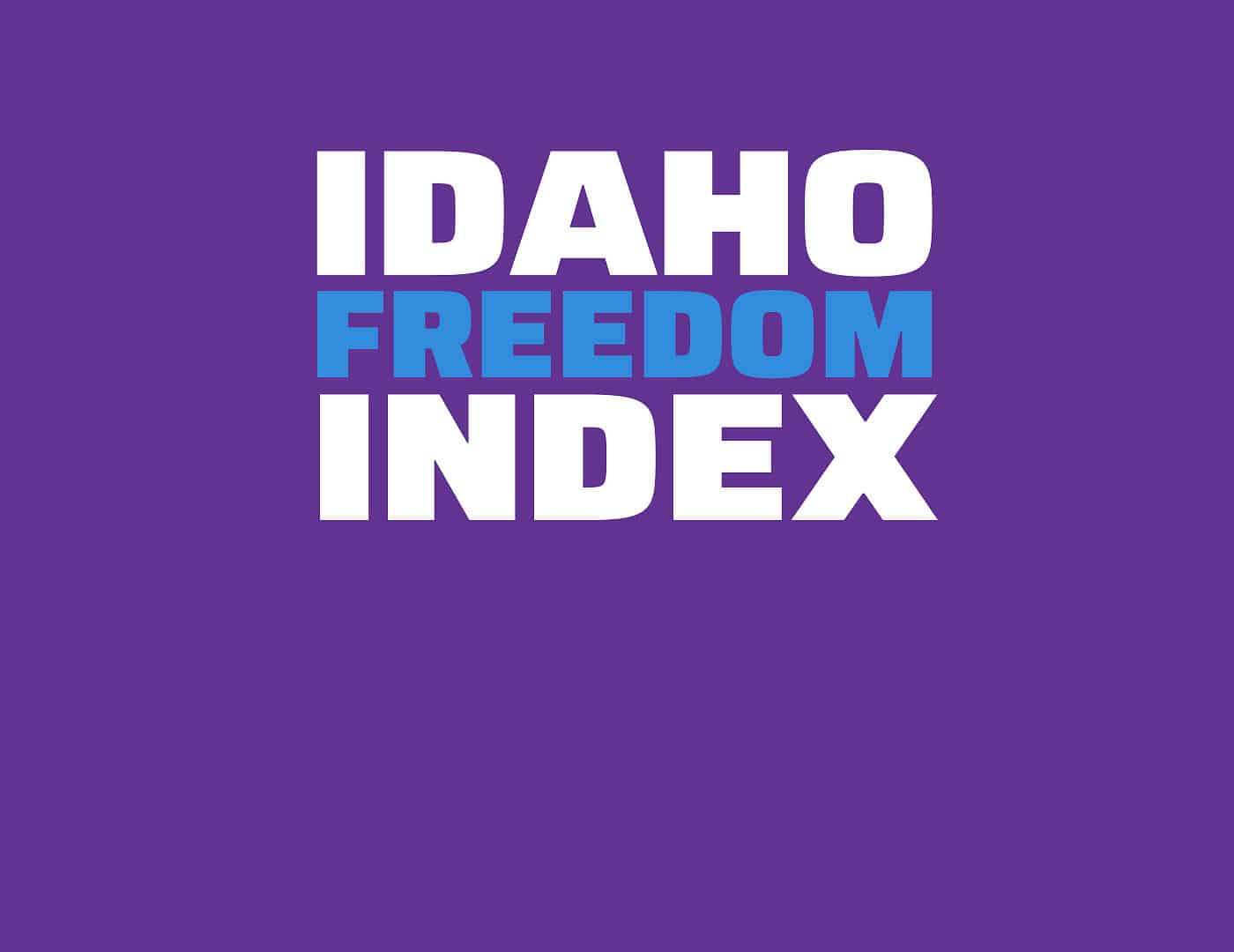


Bill Description: Senate Bill 1214 would require units of government, other organizations, and individuals to take reasonable steps to prevent minors from accessing sexual performances and prohibit the use of government funds or facilities for such performances.
Rating: +2
NOTE: Senate Bill 1214 is related to Senate Bill 1213 and similar to House Bill 265, both introduced in this session. All three bills deal with the same issues.
Does it violate the spirit or the letter of either the U.S. Constitution or the Idaho Constitution? Examples include restrictions on speech, public assembly, the press, privacy, private property, or firearms. Conversely, does it restore or uphold the protections guaranteed in the U.S. Constitution or the Idaho Constitution?
Senate Bill 1214 would create Chapter 36, Title 6, Idaho Code, to address the issue of minor children being exposed to live sexual performances. While there are already laws in place that touch upon this topic, recent events have raised questions about the effectiveness of existing laws.
This new chapter would say, "Any person or institution that knowingly promotes, conducts, performs, or participates in a live, in-person show, exhibition, or performance before an audience must take reasonable steps to restrict the access of minors if:
All three parts of this standard must be met to trigger the provisions of this statute.
The section also provides a three-part definition of sexual conduct:
An action would need to meet only one of these definitions, not all three, to qualify as "sexual conduct" under the law.
Violations would not be criminalized but would create "a civil cause of action" for any "minor, or a parent or legal guardian of such minor, who is exposed to sexual conduct" in violation of this law.
A minor, parent, or legal guardian who prevails in such an action "shall recover five thousand dollars ($5,000) in statutory damages as well as actual damages and any other relief available by law."
This is reduced from the $10,000 in statutory damages found in House Bill 265.
This new section creates an affirmative defense that the "defendant had reasonable cause to believe that the minor involved was eighteen (18) years of age or older," such as if a minor provided a fake ID.
Taken together, this portion of the bill seems to balance the rights of promoters and performers while still protecting the right of minor children not to be exposed to sexually obscene material.
(+1)
Additionally, the bill would create a new section to allow the attorney general or a local prosecutor to bring an action against a person or institution that has "knowingly violated or is violating the provisions" of this law. Specifically, the bill says, "the attorney general or a prosecuting attorney, acting in the public interest, may bring an action against the person or institution:
This enforcement provision, not contained in House Bill 265, makes Senate Bill 1214 a stronger and more effective bill.
(+1)
Problematically, however, a subsection of the law would say, " It is not a defense to an action brought under this chapter that the minor was accompanied by the minor's parent or legal guardian."
While it is reasonable to argue that minors should be protected from sexually explicit content and conduct, legal deference must also be made to parental rights. In most cases, if parents accompany their children and affirmatively consent to allow their children to view sexually offensive material, the government should not overrule the parents' decisions.
(-1)
Senate Bill 1214 would create Section 67-2359, Idaho Code, to say, "No public funds, public institution, public facility, public equipment, or other physical asset made available, owned, leased, or controlled by this state, a county, a city, a public health district, or any local political subdivision or agency thereof shall be used for the purpose of shows, exhibitions, or performances that involve live persons engaged in a sexual exhibition, as described in section 6-3601(1), Idaho Code."
This provision includes the necessary prohibition on the use of public funds, which is lacking in Senate Bill 1213, but it lacks the enforcement provision found in House Bill 265, which would criminalize a violation of this prohibition.
It is reasonable (and financially responsible) for government not to use public facilities or funds to promote or support sexually offensive material, but the lack of any enforcement provision in this section is concerning.
(+1)

